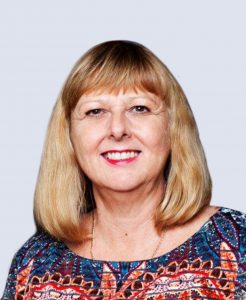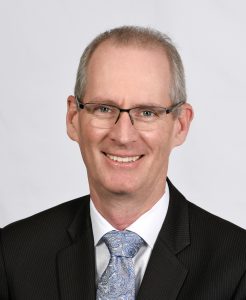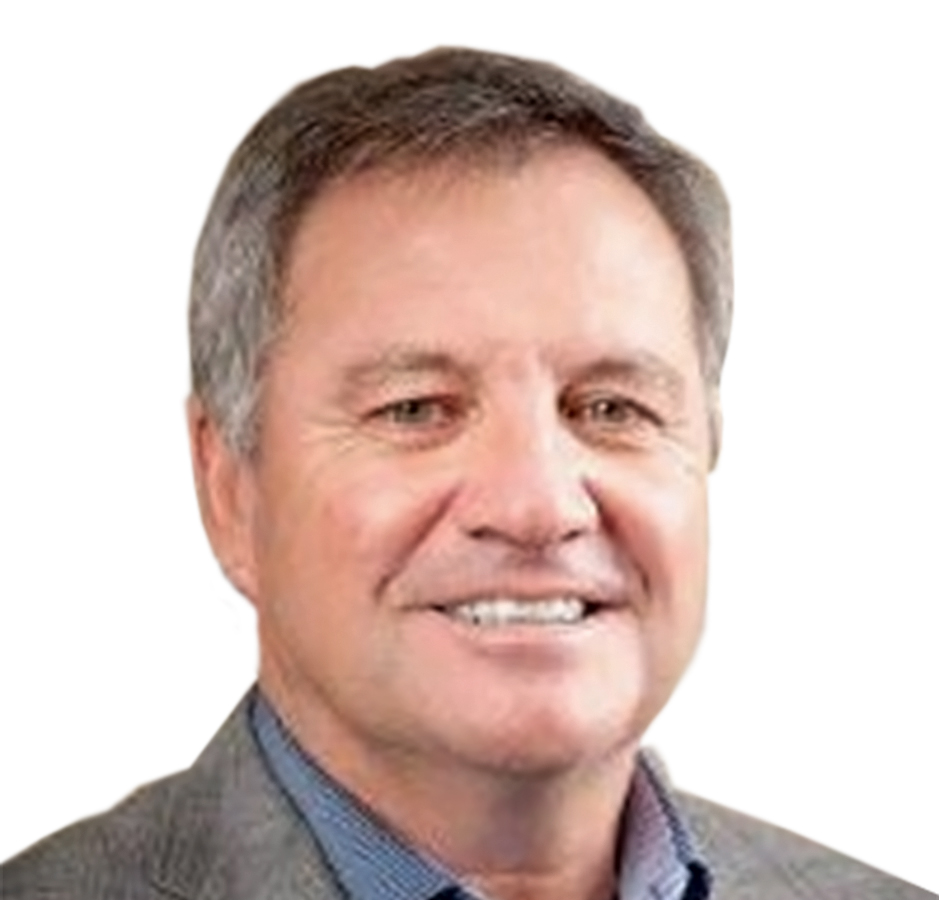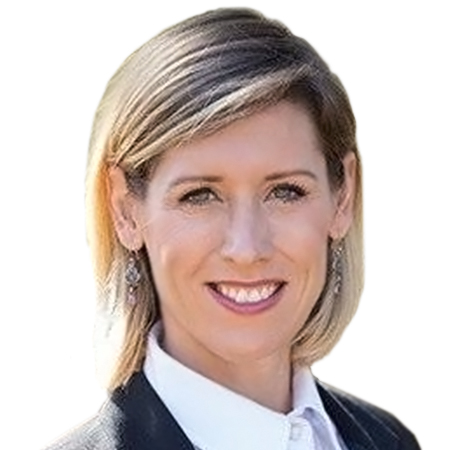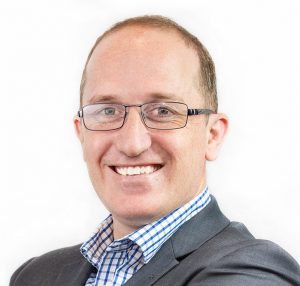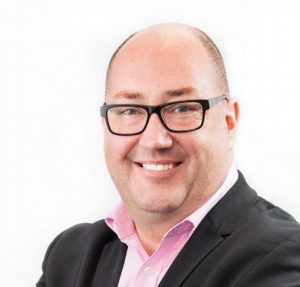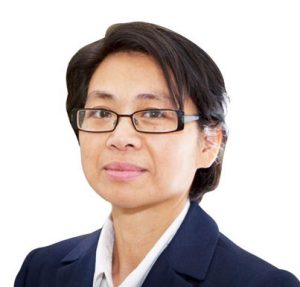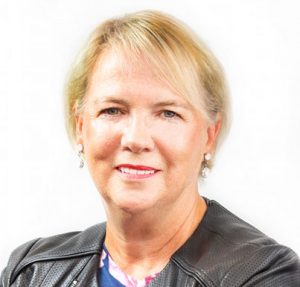Reflecting on the Digital Health CRC 2020 Telehealth Datathon, Education Manager Dr Melanie Haines says that all 79 participants can be very proud of their achievement in undertaking the challenge.
“While I was cheering from the sidelines, bravery and courage were the two key words that resonated for me,” she said.
A datathon is a data science marathon – but this one was an ultra-marathon, running for eight days with a very large and complex real-world health dataset. The thirteen teams of health professionals, data scientists, students and academics selected to join this ambitious datathon were chosen from more than 180 applicants for their high-level skills.
The majority of teams – eight in total – completed the challenges and submitted a video presentation for judging, she said; but the extensive mentoring and support from over twenty business, data and clinical experts who helped the participants during the datathon meant that all of the participants received an intensive education in big-data analysis, including mapping, visualisation and story-telling with data.
“It was all about climbing a data mountain, and many of our teams reached the summit,” said Dr Haines. “We hope that those who didn’t quite reach the summit enjoyed the beautiful scenery along the way, and took something away from the experience.”
Winners
HMS Chair and CEO Bill Lucia announced the winning teams and their prizes, inviting teams to comment on their experiences.
In the Retrospective Challenge, teams had to analyse telehealth use both pre- and during Covid-19, and show the short-term impact on the wellness of those with behavioural health issues.
Runner-up for the Retrospective Challenge was Team Two, awarded $3000. Team members were Ilana Solo (Bendigo Health), Keven Bennett (NSW Health), Joanna Ling (RMIT University), Mamatha Chandra Singh (University of Wollongong) and Anna Evangelista (Western Sydney University).
Despite a chaotic start, Mr Bennett was proud that his team pulled together a submission before the deadline. “It was an awesome experience,” he said.
“That’s what we were hoping for – along with having an outcome that we could learn from and something that’s actionable in the digital health world,” said Mr Lucia.
The winner of the Retrospective Challenge, who took away $6000, was Team Five, namely Michael Rasmussen, Penelope Main, Sunita Bapuji, Sylvia Daravong, Alice Wilkin and Sarah Anderson – all from AHPRA (Australia Health Practitioner Regulation Agency).
Their presentation teased out some examples of people suffering from depression and examined the extent to which telehealth use could prevent hospital readmission.
Mr Rasmussen compared the datathon to a particularly difficult challenge reminiscent of TV’s Survivor. “The data was so heavy, it was like picking up coloured concrete bags and doing a sprint, then trying to arrange it in little sandcastles that the team could dive into and make the most of,” he said. “It was a great, mighty effort by all of our team, particularly towards the end.”
In the Prospective Challenge, teams had to analyse data about the way that people with behavioural health conditions had accessed telehealth during the pandemic, and then predict where telehealth may be in ongoing demand – and where it may subside to be replaced by face-to-face care.
The winning team, awarded $6000, was Team 7, comprising Dr Jane Miskovic-Wheatley and Bernard Bucalon (both from University of Sydney) and Emma Wainwright, Marcel Chee, Huan Yee Koh and Harvey Jia Wei Koh (all from Monash University).
The team presentation looked at ‘When people get left behind’ in health care and highlighted the people who missed out on care – including people who had physical and mental disabilities, delirium or lack of access to physical care and older people.
HMS Senior Director of Creative and Brand, Reginald Foxworth, announced the six winners of the Social Media Challenge, who each received a $500 cash prize for their contributions to social media over the fortnight.
“We love a good meme as much as anyone, and we were very excited to see so much engagement across the board, especially knowing how busy everyone was with the project,” said Mr Foxworth.
The winners were Marcel Chee, Harvey Jia Wei Koh and Emma Whitelock-Wainwright (all from Monash University), Dr Urooj Raza Khan from La Trobe University, Arwa Siddiqui from Macquarie University and Dr Jacqueline Stephens from Flinders University.
“I had great fun in the in the datathon but it was quite challenging, so it was really useful to use social media to provide an outlet for some of the stress and frustration in trying to wrangle the data, especially with our team being spread out across various states,” said Dr Jacqueline Stephens.
Team 13, made up of Kara Burns (Metro North Hospital and Health Service), Jane Frost (University of Canberra), Rex Parsons (Queensland University of Technology), Matthais Merzenich (Pen CS), Dr Urooj Raza Khan (La Trobe University) and C K Wee (Queensland Health), received a Special Mention for their feedback video which outlined their experiences in the datathon and suggested ways to improve it for next time. Watch it here: https://vimeo.com/489184547
“It was an amazing journey,” said Dr Khan, who also won a social media prize. “We learned so much out of this journey.” She said the team appreciated the work of the mentors and other support staff during the datathon. “It was a wonderful experience dealing with them all.”
Behind the Datathon
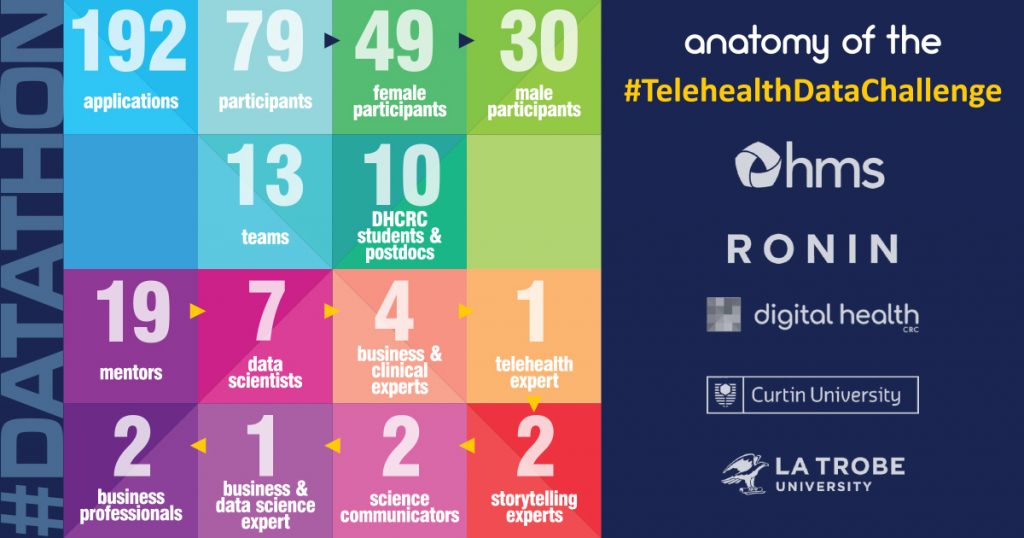
Earlier this year, the Digital Health CRC hatched an ambitious plan: to bring together dozens of health and data professionals, and give them an opportunity to rapidly escalate their health data skills by working together on a big dataset to deliver real-world insights.
The timing could not be more apt. During the global pandemic, health care faces huge challenges; at the same time, despite gathering vast amounts of health data, we are yet to make the best use of this through analysis and interpretation to inform our decisions.
Through a unique partnership with US-based healthcare technology company HMS, researchers and students from DHCRC Participant organisations and who have signed Data Use agreements are able to use the RONIN interface to securely analyse millions of records about patient health claims during COVID-19. Once support from Curtin University and La Trobe University was locked in, the datathon was underway.
HMS Senior Vice President Donna Price said that the company realised that a datathon was a unique opportunity to answer some important questions about how people with chronic behavioural conditions were able to get care during the pandemic – and what role telehealth played in delivering that care.
“We know that due to the pandemic, there’s been an accelerated acceptance of telehealth and approval for payment of telehealth in both Australia and the US – but just because it’s been approved, doesn’t mean people are using it,” she said.
Buried in the claims data from millions of Medicaid patients across four US states are trends which can answer some important health questions:
– Were people with chronic behavioural health conditions continuing to see their GP?
– Did they switch to telehealth?
– Or were they not getting care at all, and if so: did they show up in hospital emergency departments?
The 2020 Digital Health CRC, HMS and Ronin Telehealth Data-Ultra-Marathon was an excellent way to deliver some insights into these important questions, along with delivering an important opportunity for the participants to skill up in an accelerated timeframe.
“Over the eight days, this Datathon delivered great things,” said Dr Terry Sweeney CMG, the CEO of Digital Health CRC.
“HMS supplied an extraordinary dataset and industry-leading talent. Ronin designed a secure, efficient and cost-effective compute platform for us to work on. Over seventy Australian professionals worked long hours with the guidance of more than twenty top experts to build critical digital skills in our future health workforce. This type of initiative is exactly what we need to drive innovation in digital health, both locally and globally.”






